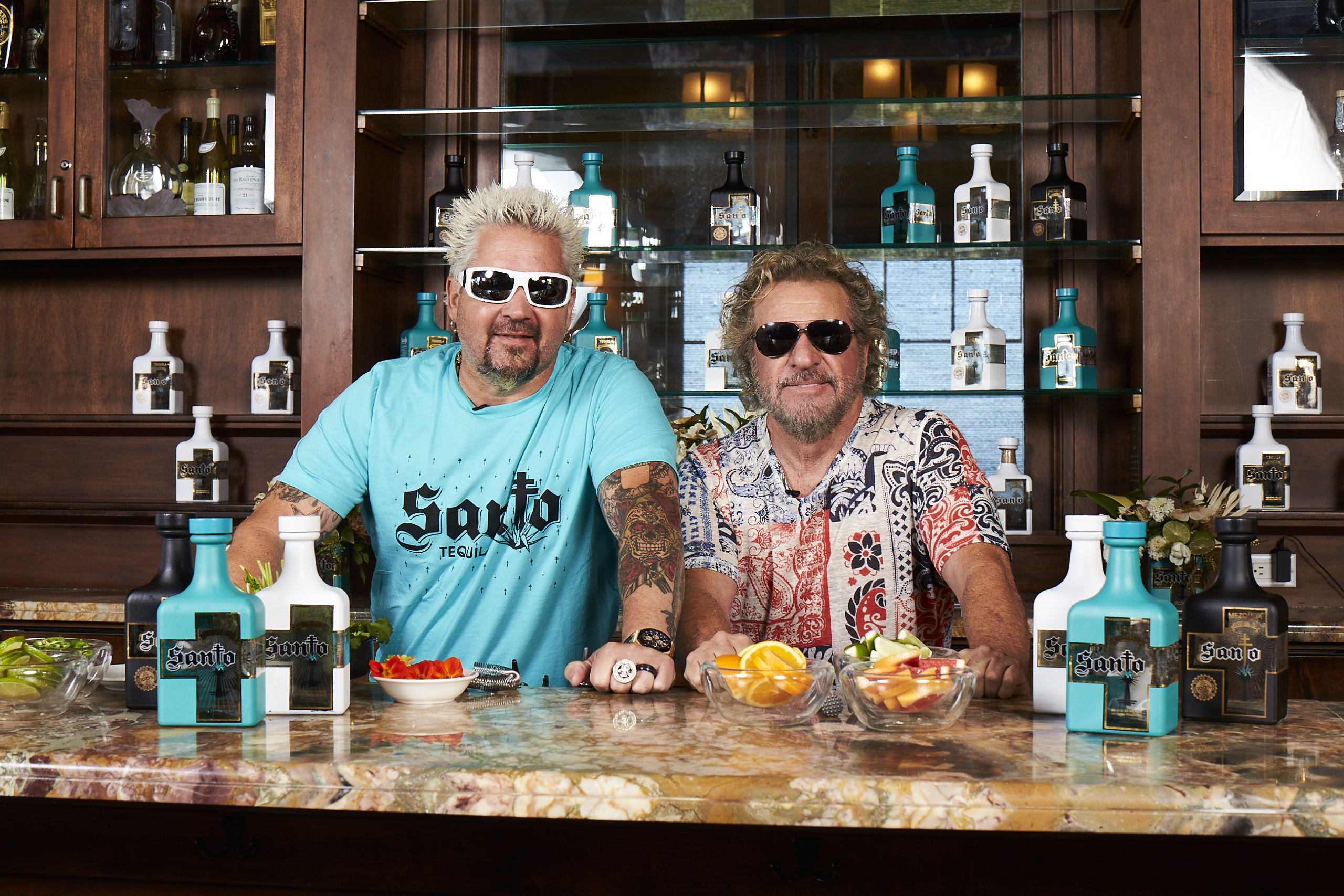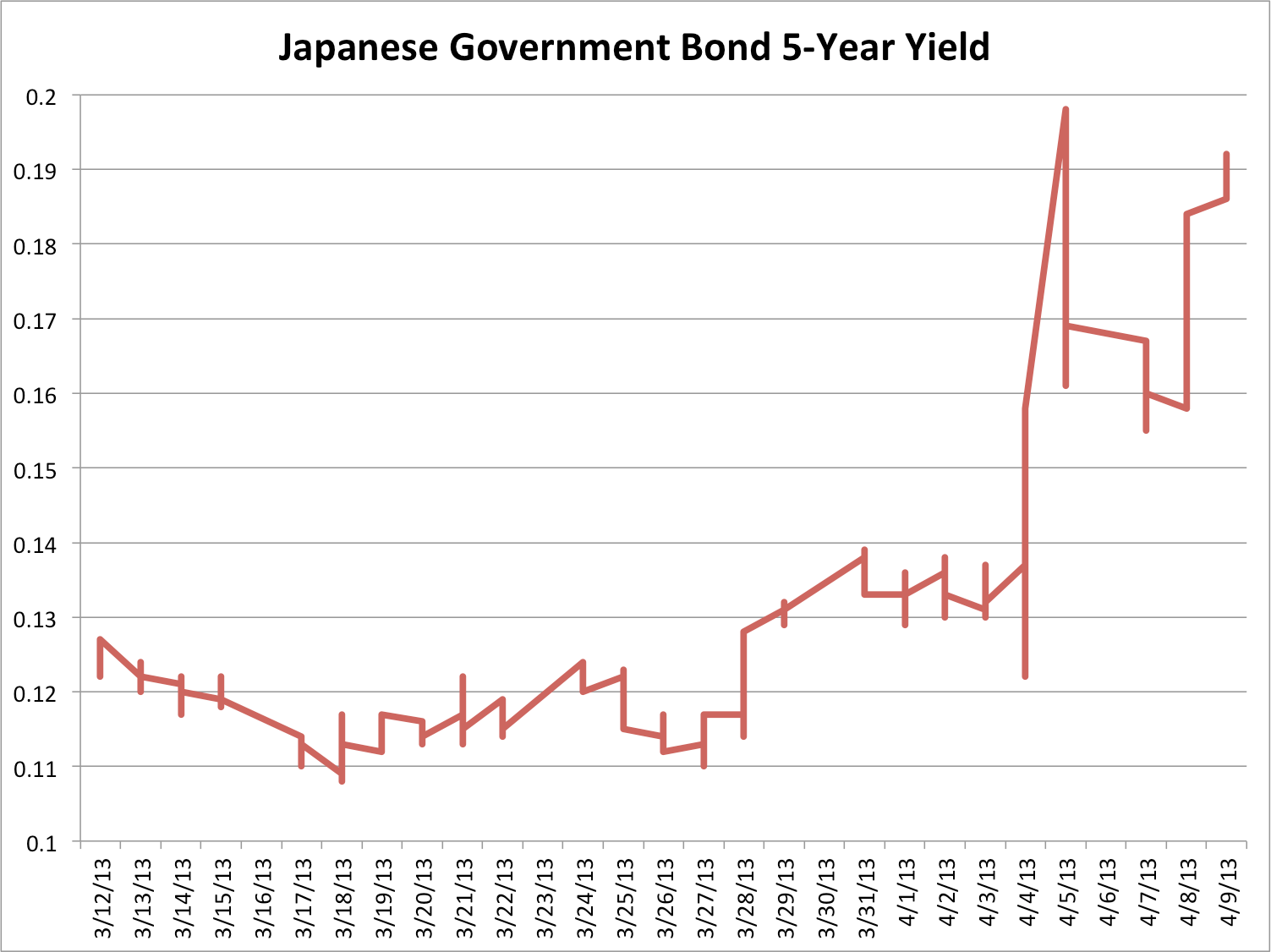Who Pays When Dreams Are Stolen? A Restaurant Owner's Perspective

Table of Contents
The High Cost of Menu and Recipe Theft
The theft of a restaurant's menu and recipes represents a significant financial blow. Competitors directly replicating unique dishes or entire menus can cause devastating losses. This isn't just about losing a few customers; it's about the erosion of your carefully cultivated brand and its unique selling proposition.
- Lost Revenue due to Competition: A copycat restaurant can siphon off a substantial portion of your customer base, leading to a direct decrease in revenue. This loss can be particularly damaging for smaller establishments with limited margins.
- Legal Fees Associated with Pursuing Legal Action: Taking legal action against a competitor for restaurant recipe theft or menu copyright infringement is expensive. Legal fees can quickly mount, adding further financial strain to an already struggling business.
- Damage to Brand Reputation and Customer Loyalty: Even if you win a lawsuit, the damage to your brand reputation can be long-lasting. Customers might lose trust, and rebuilding loyalty takes time and significant investment.
- The Difficulty in Proving Direct Copying (Burden of Proof): Proving that a competitor directly copied your recipes can be incredibly challenging. You need strong evidence, meticulously documented recipes, and potentially expert witnesses, all adding to the cost and complexity of legal action.
Protecting your recipes as trade secrets is crucial. This involves implementing measures like:
- Confidentiality agreements with employees.
- Limited access to recipe formulations.
- Secure storage of recipes and other sensitive documents.
This proactive approach to protecting your culinary creations minimizes the risk of restaurant recipe theft and strengthens your position if legal action becomes necessary.
Protecting Your Brand Identity: Beyond the Menu
Protecting your restaurant's brand identity extends far beyond just your menu. Your name, logo, décor, and even the overall ambiance are key elements of your brand and are susceptible to theft. Restaurant brand protection is paramount.
- Preventing Similar Names and Branding from Entering the Market: Trademarking your restaurant name and logo is essential to prevent competitors from using similar names or branding that could confuse customers and dilute your brand.
- Safeguarding the Visual Aspects of the Restaurant (Decor, Ambiance): While copyright protection might not fully extend to the overall design of your restaurant, the unique visual elements can be protected through trademarks and careful documentation.
- The Potential for Confusion and Brand Dilution: A competitor using a similar name or logo can lead to customer confusion, diverting business away from your establishment and diluting the value of your brand.
The cost of trademark infringement restaurant litigation can be substantial. Proactive trademark registration is far less expensive than resolving disputes later. This involves filing applications with the appropriate intellectual property offices and ensuring your brand is legally protected.
The Emotional Toll of Intellectual Property Theft
The emotional impact of having your hard work stolen should not be underestimated. It’s more than just financial loss; it’s a deep personal betrayal.
- Feelings of Betrayal and Frustration: Years of effort and passion invested in creating something unique can be severely undermined by theft, leading to feelings of betrayal and profound frustration.
- Loss of Motivation and Passion: The emotional toll can impact your motivation and passion for the business, potentially jeopardizing its long-term success.
- Financial Stress and Anxiety: The financial consequences of restaurant intellectual property theft, combined with the emotional strain, can create significant stress and anxiety.
Seeking support is crucial during this difficult time. Connect with other restaurateurs, business advisors, or mental health professionals to navigate the emotional challenges and develop coping mechanisms.
Legal Recourse and Avenues for Redress
Restaurant owners facing intellectual property theft have several legal options, including cease and desist letters and lawsuits.
- The Complexities of Intellectual Property Law: Intellectual property law can be complex, requiring specialized legal expertise to navigate effectively.
- The Costs Associated with Legal Action: Pursuing legal action can be expensive, involving significant attorney fees and court costs.
- The Likelihood of Success in Various Legal Scenarios: The likelihood of success depends heavily on the strength of your evidence, the specifics of the case, and the jurisdiction.
Meticulous documentation is essential. Maintain detailed records of your original recipes, brand designs, and any other creative work. A clear paper trail significantly strengthens your position in any legal dispute. This proactive approach helps minimize the costs and complexities of restaurant legal action related to intellectual property litigation.
Conclusion
The challenges faced by restaurant owners dealing with restaurant intellectual property theft are significant, encompassing substantial financial, emotional, and legal costs. Protecting your culinary dreams and your restaurant's intellectual property requires proactive measures. Learn more about safeguarding your brand and recipes to avoid becoming another victim. Take steps today to protect your investment and secure your future. Don't let your hard work be stolen – protect your unique culinary creations and brand identity.

Featured Posts
-
 Muere Juan Aguilera El Primer Espanol En Ganar Un Masters 1000
May 19, 2025
Muere Juan Aguilera El Primer Espanol En Ganar Un Masters 1000
May 19, 2025 -
 After Years Of Success Celebrity Tequila Brands Face A Challenging Future
May 19, 2025
After Years Of Success Celebrity Tequila Brands Face A Challenging Future
May 19, 2025 -
 The Trial Ending Explained Teas Crime And Her Parents Fate Unveiled
May 19, 2025
The Trial Ending Explained Teas Crime And Her Parents Fate Unveiled
May 19, 2025 -
 Fechas Eurovision 2025 Guia Completa Del Festival De Cancion
May 19, 2025
Fechas Eurovision 2025 Guia Completa Del Festival De Cancion
May 19, 2025 -
 Swissquote Bank Sovereign Bond Market Analysis
May 19, 2025
Swissquote Bank Sovereign Bond Market Analysis
May 19, 2025
